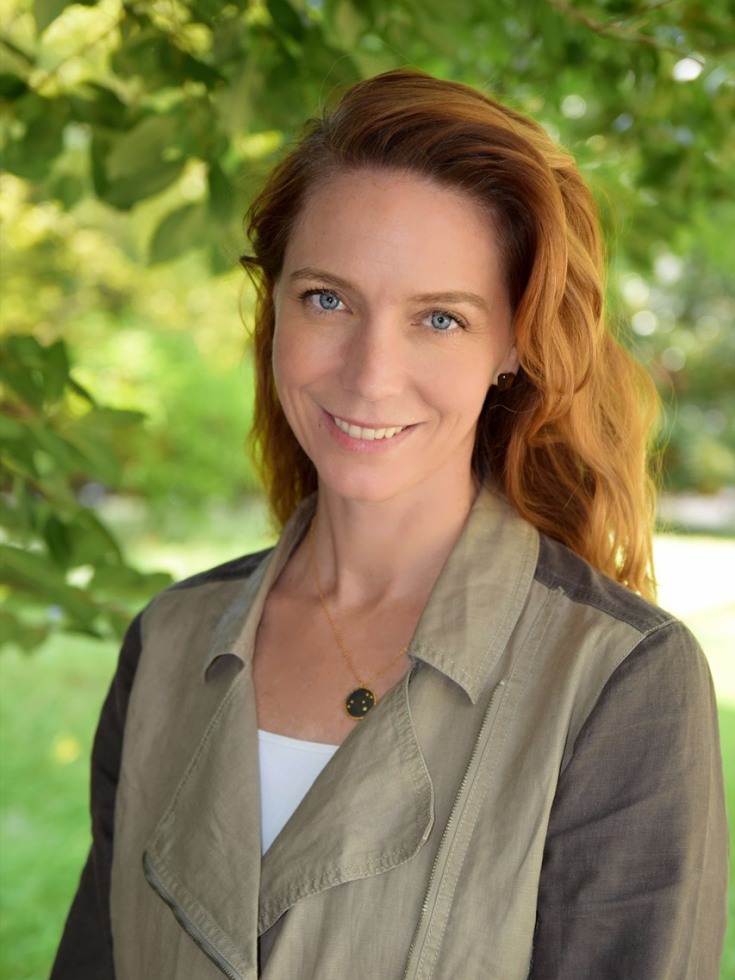In her research, Cobb seeks to advance understanding of future climate change impacts, with a focus on climate extremes and coastal flood hazards. For nearly two decades, her research has focused on unraveling the mystery of El Niño and La Niña events and how they have changed over time. By applying oxygen isotopes and radiometric dating techniques to the skeletons of living and ancient corals, Cobb and her colleagues have created a record of El Niño and La Niña events going back 7,000 years.
Cobb also serves as the faculty director of the Global Change Program at Georgia Tech, and the ADVANCE professor for diversity, equity, and inclusion for the College of Sciences. Before joining the faculty at Georgia Tech in 2004, she spent two years at California Institute of Technology in the Department of Geological and Planetary Sciences.
“In joining the Brown community, I’m excited at the opportunity to advance climate and sustainability solutions in higher ed, making sure that it’s an accelerant for solutions in this critical moment,” Cobb said. “Brown has so much capacity to be part of the solution — from public health expertise to Earth sciences to policy and economics and social sciences. It’s becoming clear that the wholesale changes we really need to see are going to be grounded in collaborative work, across disciplines, across sectors, and across generations. This is a ‘systems’ challenge that’s going to take systems solutions.”
Cobb has received numerous awards for her research, most notably a National Science Foundation CAREER Award in 2007 and a Presidential Early Career Award for Scientists and Engineers in 2008. In 2019, she was named the Hans Oeschger Medalist by the European Geoscience Union. She is a fellow of the American Association for the Advancement of Science, and was a lead author for the United Nations Intergovernmental Panel on Climate Change Sixth Assessment Report published in 2021.
Cobb earned her Ph.D. in oceanography from the Scripps Institution of Oceanography in 2002 and a bachelor of arts degree from Yale University in 1996. She succeeds Dov Sax, a Brown professor of ecology, evolution and organismal biology, and of environment and society, who has served as interim director of IBES for two years.
